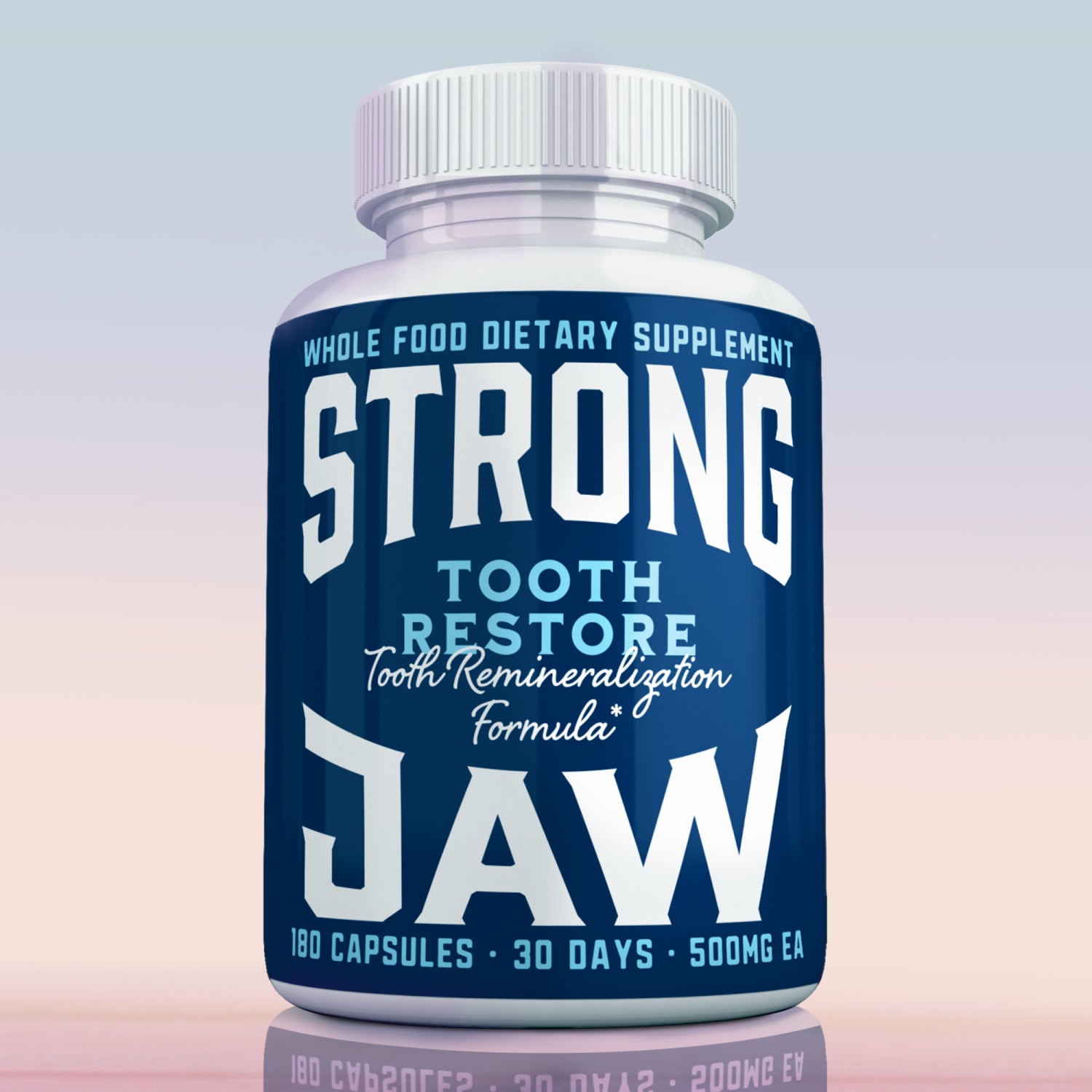Study on Vitamin D Supplementation During Pregnancy
Introduction
Hello dear readers! Today we are diving into a captivating topic that touches on the intersection of maternal and fetal health — the role of Vitamin D supplementation during pregnancy. Recently, a study from a tertiary care center in Delhi has drawn our attention. This study, involving 180 pregnant women, sheds new light on the significant benefits of Vitamin D for both mothers and their newborns. Are you curious to know how a simple supplement could dramatically affect the health of both mother and baby? Let's find out!

The Need for Vitamin D in Pregnancy
Vitamin D is often termed the "sunshine vitamin," and for good reason. It's vital for bone health, supports our immune system, and even plays a role in mood regulation. However, during pregnancy, the need for Vitamin D takes on even greater importance. For expectant mothers, adequate Vitamin D levels are crucial for maintaining a healthy pregnancy, reducing the risk of preterm birth and preeclampsia. For the developing baby, Vitamin D is critical for the formation of bones and teeth, as well as the development of a healthy nervous system.
Key Importance of Vitamin D:
- Bone Health
- Immune System Support
- Mood Regulation
- Reduced Risk of Preterm Birth
- Healthy Development of Baby's Nervous System
The Study Design
The Sample
The study we're examining involved a sample size of 180 pregnant women who were divided into two distinct groups for research purposes. Group A, consisting of 120 women, did not receive any Vitamin D supplementation. On the other hand, Group B comprised 60 women who were given Vitamin D supplementation.
The Goals
The primary objective was to assess the correlation between Vitamin D supplementation and a range of maternal and neonatal outcomes, including the prevalence of maternal comorbidities, neonatal Vitamin D levels, birth weight, and instances of gestational diabetes.
Key Findings
Maternal Comorbidities
The study concluded that Vitamin D supplementation considerably reduced the risk of maternal comorbidities. This is an incredibly significant finding, given the multitude of health concerns that pregnant women can face.
Neonatal Outcomes
Another essential discovery was the higher core blood levels of Vitamin D in newborns whose mothers were part of the Vitamin D group. These newborns also had better birth weights compared to those in the non-Vitamin D group.
Table: Neonatal Outcomes Comparison
| Factor | Vitamin D Group | Non-Vitamin D Group |
|---|---|---|
| Core Blood Levels of Vitamin D | Higher | Lower |
| Birth Weight | Higher | Lower |
Gestational Diabetes and Other Outcomes
The study also found notable differences between the two groups in terms of gestational diabetes, preterm labor, and pre-eclampsia. While 44% of patients in the non-supplemented Group A developed these conditions, only 20.3% of women in Group B faced such issues. This indicates that Vitamin D supplementation can significantly reduce the risk of these negative outcomes during pregnancy.
Table: Rates of Negative Outcomes
| Condition | Group A (Non-Supplemented) | Group B (Supplemented) |
|---|---|---|
| Gestational Diabetes | Higher | Lower |
| Preterm Labor | Higher | Lower |
| Pre-eclampsia | Higher | Lower |

The Latitude Factor
One intriguing aspect mentioned in the study was the link between negative pregnancy outcomes and latitude. In areas with less sunlight, Vitamin D deficiencies are more common, and negative outcomes in pregnancy have been associated with these low sunlight regions. The Delhi study bolsters this connection, underlining the need for Vitamin D supplementation when sunlight exposure is limited.
Practical Takeaways
Vitamin D3 as an Alternative
If you're someone who doesn't get much sunlight — maybe due to geographical limitations or lifestyle choices — taking Vitamin D3 supplements is a viable alternative. This is especially true for people living in places with less sunlight for most of the year.
Real-world Stories
Just to make the importance of Vitamin D more relatable, let me share a personal anecdote. My parents, living in Virginia, recently recovered from an illness and they had stopped taking Vitamin D supplements. Despite Virginia having a higher latitude, their Vitamin D levels were probably quite low because they weren't supplementing and were coming out of winter. If my parents are any indication, many could be unknowingly suffering from low Vitamin D levels.
Recommendations
For Those Living in Sun-Limited Areas
If you are in an area with less sunlight, especially during winters, it's advisable to:
- Take Vitamin D3 supplements
- Engage in outdoor activities whenever possible
- Consult a healthcare provider for personalized advice
Parental Anecdote as a Warning
The story about my parents serves as a cautionary tale. We shouldn't underestimate the value of adequate Vitamin D levels, especially during critical periods like pregnancy.
Conclusion
The study clearly shows the undeniable advantages of Vitamin D supplementation during pregnancy, both for maternal and neonatal health. If you're an expectant mother or know someone who is, taking Vitamin D seriously could result in significant health benefits.
Call to Action
Remember, it's crucial to consult with functional healthcare providers for personalized advice on Vitamin D supplementation. Also, if you find this information valuable, do share this blog post with others who could benefit from it, particularly expectant mothers.
Thank you for reading, and here's to a healthier future for all mothers and babies!

